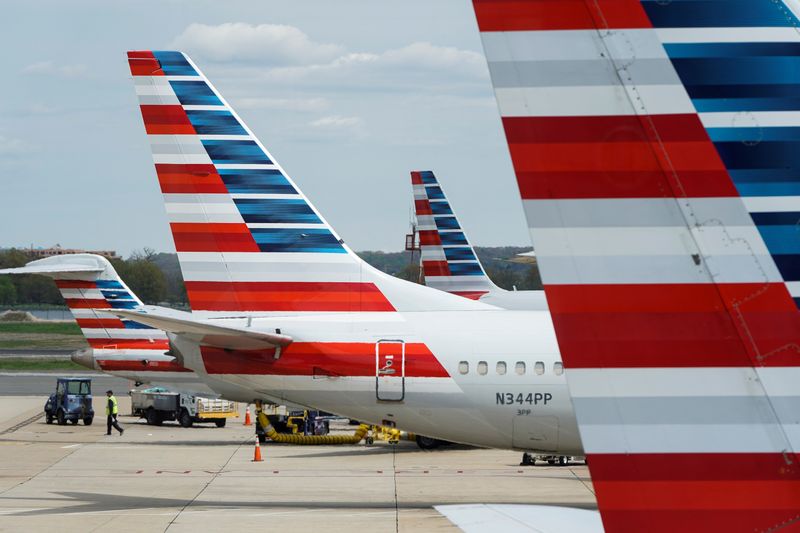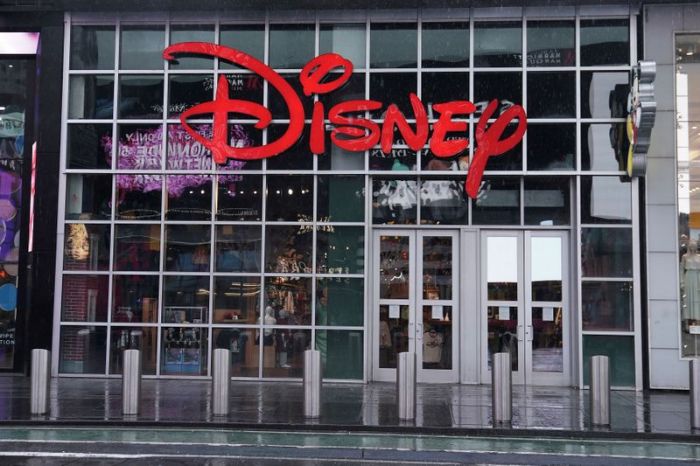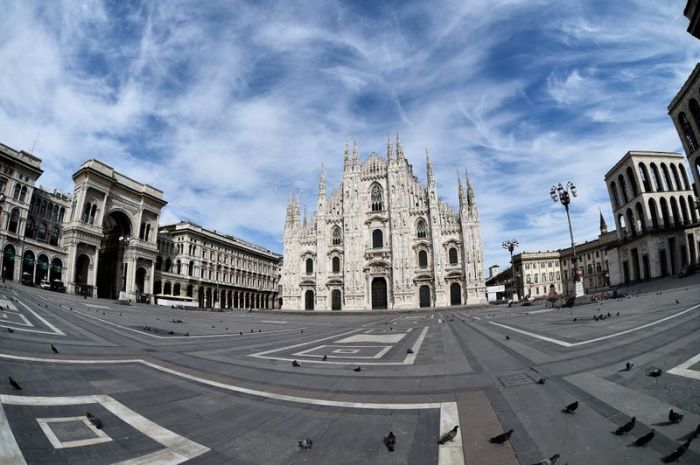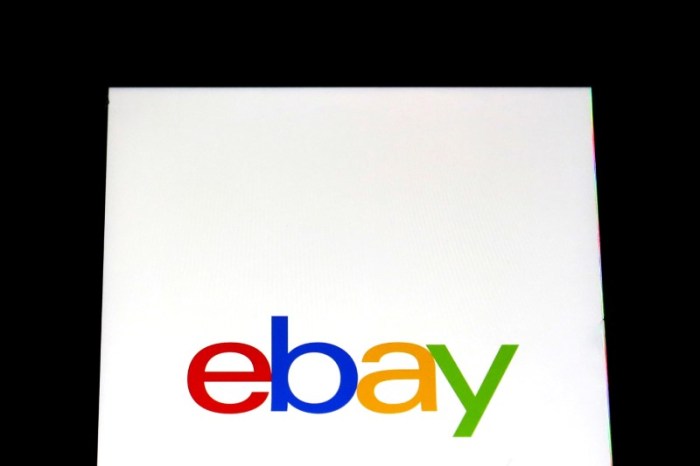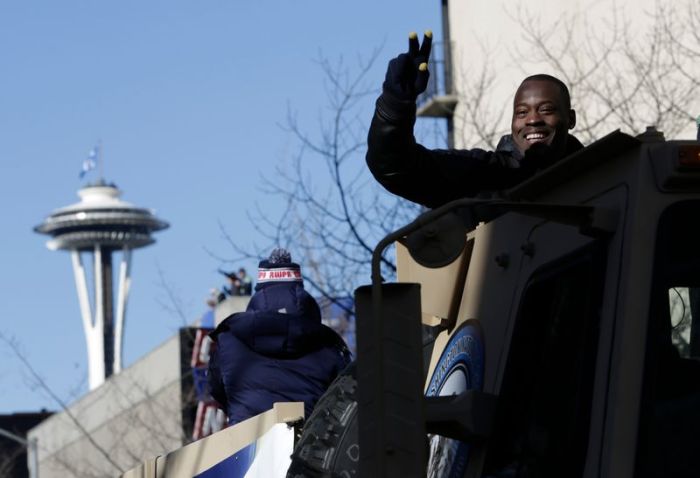(Reuters) – Some large U.S. passenger airlines are close to accepting the terms of a $25 billion offer for government coronavirus payroll aid, with announcements possible as early as Tuesday, people briefed on the matter said.
Airline industry officials expect all major airlines to accept the grants in coming days, and U.S. Treasury Secretary Steven Mnuchin said on Monday he expects decisions to come out “very quickly.”
Brent McIntosh, the Treasury undersecretary for international affairs, told Reuters on Monday the agency was not planning to change the terms laid out on Friday, which require 30% of the funds allotted to each airline to be repaid.
The U.S. government would also receive warrants equal to 10% of the loan amount.
“We’ve attempted to come up with an equitable methodology that works for all passenger air carriers, and we don’t want to engage in individual negotiations that would require us to make changes across the carriers,” he said.
Based on wages and benefits in the second and third quarters of 2019, American Airlines Group Inc <AAL.O> and United Airlines Holdings Inc <UAL.O> were each eligible for about $6 billion in grants, Delta Air Lines Inc <DAL.N> about $5.6 billion and Southwest Airlines Co <LUV.N> about $4 billion.
However, one airline official said major carriers may receive only about 75% of the payroll assistance sought because the total amount of funds sought exceeded $25 billion.
Earlier, officials told Reuters all of the large U.S. airlines were increasingly resigned to the terms.
Once they accept, the money could arrive soon.
“We intend to get as much money out as quickly as possible, consistent with our obligation to taxpayers to know that it’s going for the right purposes,” McIntosh said.
U.S. passenger airlines, suffering an unprecedented downturn in demand due to the coronavirus, are also eligible for a separate $25 billion loan package under the CARES Act.
They had lobbied for the grant portion to be free cash for employee payrolls to prevent layoffs through Sept. 30, helping to ensure a trained staff is on hand for flights to resume and support an economic rebound once consumer sentiment recovers.
American, United, Delta and Southwest have said they were evaluating the aid terms but had no additional comment.
On Sunday, just 90,510 travelers went through U.S. security checkpoints, down from nearly 2.5 million a year earlier.
McIntosh said Treasury arrived at the compensation plan after a substantial analysis that it said shows “approximately 70% of those payments becomes a direct benefit to taxpayers” in the form of avoided unemployment benefits, taxes that come back to the federal government, and the benefits of continued air service.
EQUITY STAKES
Under Treasury’s terms, Reuters calculates that the government could end up with about 3% of American, which has the most employees of the U.S. carriers and has said it was seeking about $6 billion in payroll support.
American also has the lowest market capitalization of the four main U.S. carriers at about $5.3 billion, less than the amount it would receive in aid.
One airline official said the warrant price had been locked before Monday. According to airlines’ market capitalization on Friday, the government could end up owning about 2.3% of United, 1% of Delta, 1.3% of JetBlue Airways Corp <JBLU.O>, and 0.6% of Southwest.
The calculations assume that each carrier gets the amount it requested and that the government exercises the warrants, which allow purchase of shares at a set price, to the full extent possible. It is likely, however, that the government simply cashes them out by getting the appreciation in share price at a date in future.
The potential equity dilution is lower than many analysts had feared and warrants do not generate any balance sheet debt.
Still, airline shares fell sharply on Monday on disappointment that a portion of the supposed grants would have to be repaid.
Treasury has agreed to allow airlines to continue using any extra funds after Sept. 30 for payroll, people said. Some airlines’ payroll costs could decrease given significant voluntary furloughs, early retirements, reduced work hours and an unprecedented reduction in flight schedules.
Treasury is not demanding compensation from small carriers receiving $100 million or less in payroll support. McIntosh said those carriers will receive a form very soon. Once signed, “they can get money in days,” he said.
(Reporting by Tracy Rucinski and David Shepardson; editing by Tom Brown and Rosalba O’Brien)

